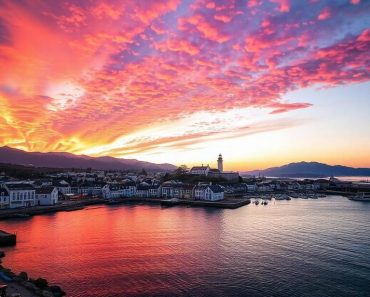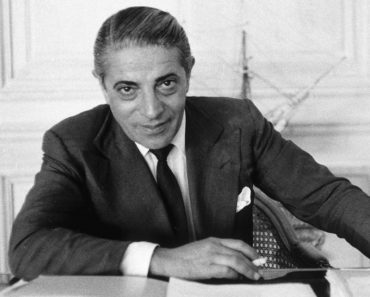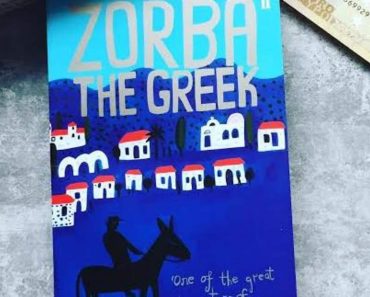Hollywood filmmaker Christopher Nolan is setting his sights on time’s most enduring journey: The Odyssey by ancient Greek poet Homer. The director’s upcoming adaptation is slated for a grand 2026 release, and promises to take audiences across vast and treacherous landscapes. With filming locations spanning Morocco, the UK, and Sicily’s Favignana (a supposed landing point of Odysseus himself), it is clear that Nolan’s meticulous vision will bring Homer’s ancient world to vivid life.
But how might he frame it? Will time fold in upon itself, as in Dunkirk? Will Odysseus be both arriving and departing at once, navigating a dreamlike non-linearity like Inception? Or will the film distill the hero’s internal voyage, much as Interstellar weighed the burdens of a father’s long absence? In Homer’s tale, there is an elasticity of time, a warping of distance and reality that are the hallmarks of Nolan’s best work.
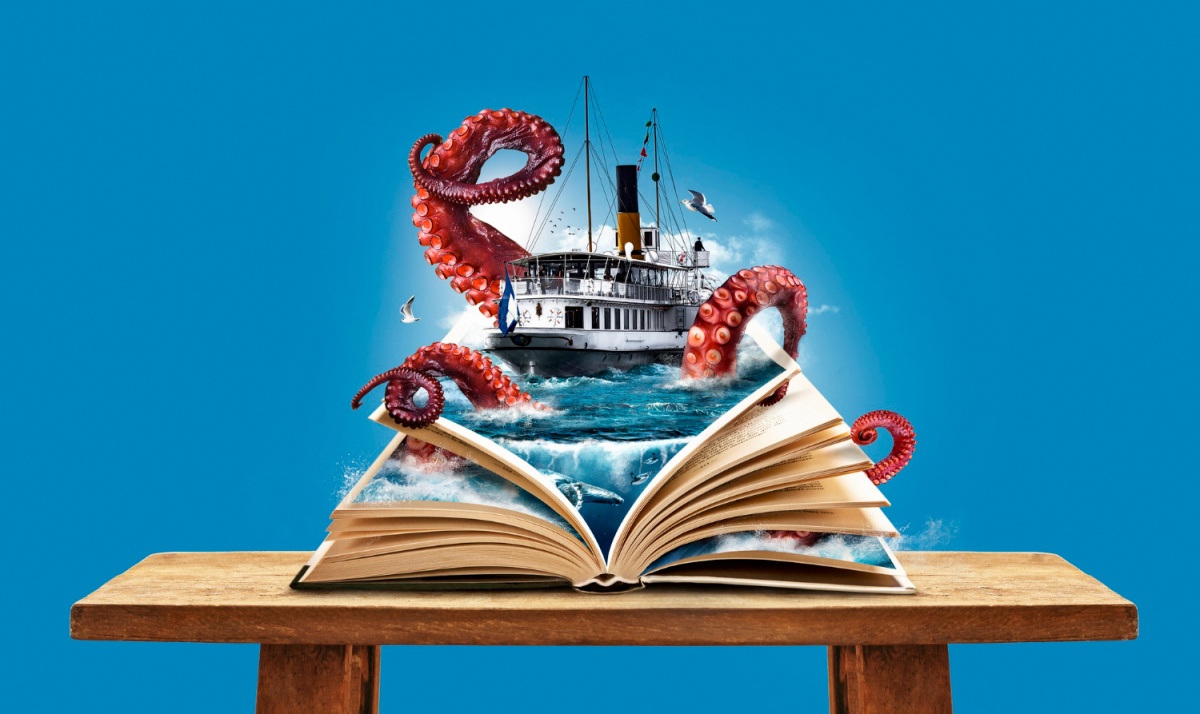
Odysseus encounters mythical sea creatures and gods in the book (Freepik)
What Is The Odyssey?
The epic poem follows Greek hero Odysseus on his 10-year journey home after the Trojan War. Scholars date the writing of The Odyssey to about 725–675 bce. Battling the wrath of Poseidon, he faces trials like the Cyclops, Circe, and the Sirens while losing his crew to divine punishment. With Athena’s aid, he survives through wit and resilience.
Meanwhile, his wife Penelope fends off suitors by weaving and unweaving a shroud. Odysseus arrives in disguise, wins an archery contest, and, with his son Telemachus, slaughters the suitors to reclaim his home. Athena ensures peace, and the story ends.
Its Relevance Today
Modern life is, in many ways, a digital odyssey. Odysseus’ encounters with these mythical creatures and gods (whether the cunning Circe or the vengeful Poseidon) mirror our own struggles against forces that seek to delay, deter or reshape us.
Take, for instance, the Lotus-Eaters, whose intoxicating fruit lulls travelers into forgetfulness. In today’s world, social media and endless scrolling serve a similar function. They entice us to lose ourselves, to drift away from our destinations, our ambitions, our very sense of purpose.
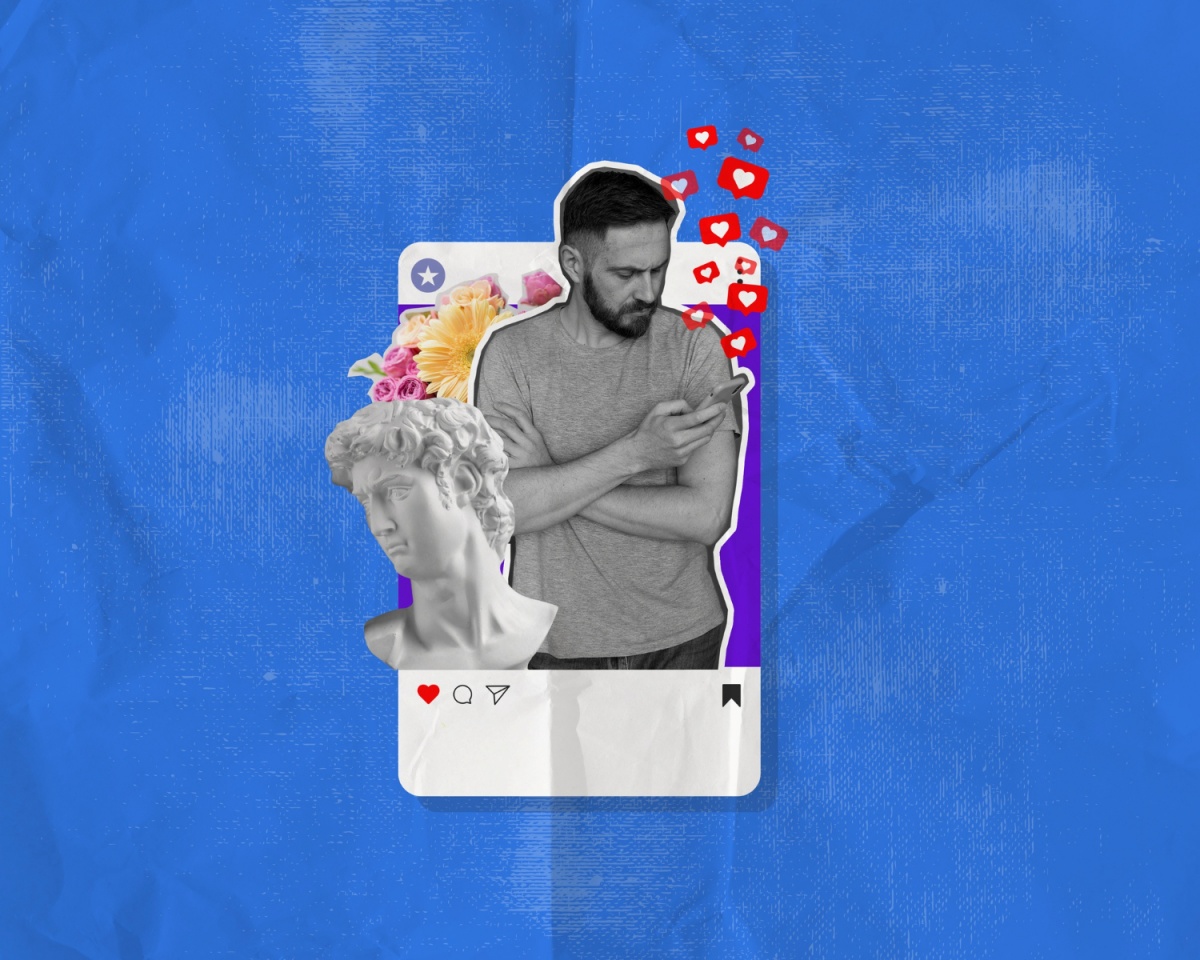
Social media is modern-day avatar of Odyssey’s Lotus Eaters (Freepik)
Nolan’s penchant for mind-altering realities may well lend itself to a haunting interpretation of this episode: Odysseus’ men, rendered passive by an all-consuming illusion, much like we are by the blue glow of our screens.
Odysseus is a veteran of Troy, and his journey home is as much psychological as it is physical. The scars of battle, the burden of leadership, and the weight of deception shape his choices. In an age where trauma and anxiety are openly discussed, The Odyssey speaks to those who return from their own battles and struggle to reintegrate into the lives they left behind.
Homer’s gods are fickle and relentless, often toying with human fate. Today, they wear different masks: economic instability, political turmoil, climate change. We are still at the mercy of forces beyond our control, forces that demand ingenuity, courage, and adaptation: qualities that Odysseus embodies.
Read more:
- Martyrs’ Day Tribute To Mahatma Gandhi: 6 Audiobooks And Films That Shed Light On The Life Of The Father Of The Nation
- Library Shelfie Day 2025: “Shelfies” Of Indian Authors Who’ve Left An Imprint On The World
- Explained: The Controversy Behind ‘The Satanic Verses’ That Is Now Available In India After 36 Years


